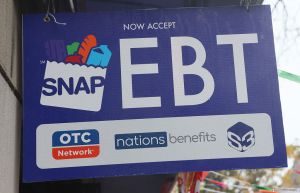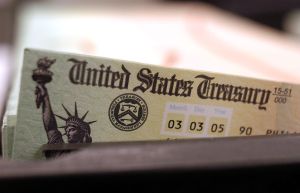Deep-learning startup MetaMind has raised $8 million to give people the chance to work with artificial intelligence.
The money was raised from Khosla Ventures and Salesforce.com Chief Executive Marc Benioff with the goal of giving computers the ability to recognize and observe visuals or texts that humans have, according to Businessweek. Such technology is being used in a variety of fields, including medical imaging and fast food.
MetaMind was started this past summer by former Stanford Ph.D. student Richard Socher and Sven Strohband, chief technology officer of Khosla. Socher is responsible for developing the technology that Google, Microsoft and IBM use to test their image-recognition systems.
"You take an image from your cellphone of the food you're about to eat, and [the customer's computer system] automatically knows the food," Socher said.
MetaMind is designed to let anyone do deep-learning, with Socher showing in a demonstration that the user can enter some text into the system and it will provide a couple of lines of code that can be plugged into the application, VentureBeat reported. One of the demos on MetaMind's site shows how positive and negative tweets are about any subject the user looks for, and another shows how two sentences can be similar in semantics.
Socher was also able to bring up images relevant to the words he typed. After typing in the word "bird," the system pulled up several images with each having one bird -- typing in the word "birds" pulled up pictures with multiple birds.
"What's cool about this is it actually has a sense of compositionality- how words compose the meaning of a longer phase," Socher said.
MetaMind has so far been able to attract paying customers and has been working with smaller companies and Fortune 500 companies simultaneously, VentureBeat reported.
The company appears to be open to the public using MetaMind for whatever application they find fitting, with Socher saying being a programmer is no longer necessary to operate this technology.
"We believe that this should be more available to lots of people, because we think that there's lots of uses," Strohband said. "People use them for things we couldn't have anticipated."
© 2025 HNGN, All rights reserved. Do not reproduce without permission.








